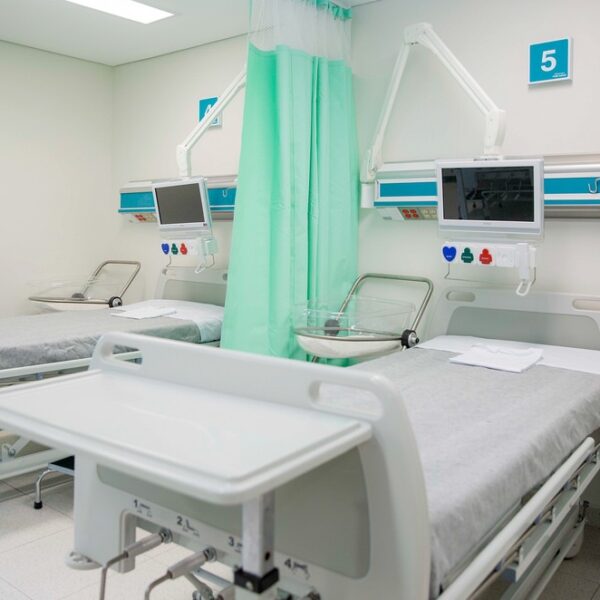
The prohibition on unfair terms potentially applicable to hospitals
The CJEU confirmed that the prohibition on unfair terms are applicable to education establishements.
In a recent ruling on May 17, 2018, the CJEU confirmed that a higher education establishment financed mainly by public funds theoretically sees itself required to comply with the protective provisions of the consumer relating to the prohibition on unfair terms concluded between a seller or a supplier and a consumer.
The Court of Justice was questioned about a contract between a free school and a student providing for payment facilities of sums due by the student in respect of registration fees and costs connected with a study trip.
The Court ruled that this ancillary activity was, by its nature, an agreement to provide repayment facilities for an existing debt and is, fundamentally, a contract for credit. It therefore considered that by providing, in that contract, such a service which is complementary and ancillary to its educational activity, the school concerned was acting as a “seller or supplier” subject to the provisions on unfair terms, regardless of whether its main activity is a “public” activity or mostly financed by public funds.
The case law recalls that the prohibition on unfair terms is a system of protection which is based on the idea that the consumer is in a weak position vis-à-vis the seller or supplier, as regards both his bargaining power and his level of knowledge. This leads to the consumer agreeing to terms drawn up in advance by the seller or supplier without being able to influence the content of those terms (Judgments of 30 May 2013, Asbeek Brusse and de Man Garabito, C‑488/11, EU:C:2013:341, paragraph 31, and of 3 September 2015, Costea, C‑110/14, EU:C:2015:538, paragraph 18).
It is quite possible to extend this reasoning to other public service providers such as hospitals, public crèches, etc. In effect, they are also concluding contracts with citizens wherein there is an inequality “owing to the asymmetry of information and expertise between the parties”. Such an establishment has at its disposal a permanent organisation and expertise that those, who are using their services and acting on a private basis, do not necessarily have available to them.
To recap, some of the case law, not a majority, considers that a hospital is an “undertaking” within the meaning of the Law on market practices and consumer protection which must consequently apply even if it is true that a purely “consumerist” approach may, in certain cases, not be appropriate (Magistrates’ Court [Justice de Paix], Fontaine l'Évêque, J.L.M.B. 13/303).
http://curia.europa.eu/juris/d...
Associated areas of specialisation: Health and social security